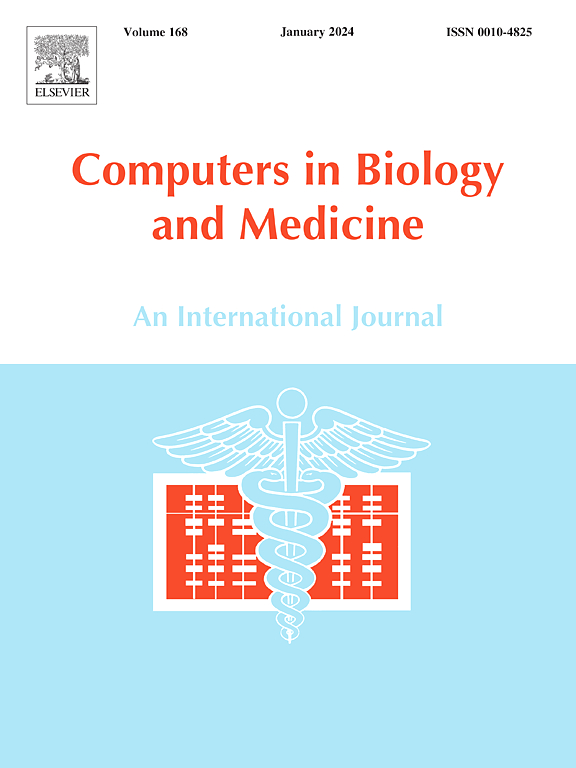hERGBoost: A gradient boosting model for quantitative IC50 prediction of hERG channel blockers
IF 7
2区 医学
Q1 BIOLOGY
引用次数: 0
Abstract
The human ether-a-go-go-related gene (hERG) potassium channel is pivotal in drug discovery due to its susceptibility to blockage by drug candidate molecules, which can cause severe cardiotoxic effects. Consequently, identifying and excluding potential hERG channel blockers at the earliest stages of drug development is crucial. Most traditional machine learning models predict a molecule's cardiotoxicity or non-cardiotoxicity typically at 10 μM, which doesn't account for compounds with low IC50 values that are non-toxic at therapeutic levels due to their high effectiveness at lower concentrations. To address the need for more precise, quantitative predictions, we developed hERGBoost, a cutting-edge machine learning model employing a gradient-boosting algorithm. This model demonstrates superior accuracy in predicting the IC50 of drug candidates. Trained on a specially curated dataset for this study, hERGBoost not only exhibited excellent performance in external validation, achieving an R2 score of 0.394 and a low root mean square error of 0.616 but also significantly outstripped previous models in both qualitative and quantitative assessments. Representing a notable leap forward in the prediction of hERG channel blockers, the hERGBoost model and its datasets are freely available to the drug discovery community on our web server at. http://ssbio.cau.ac.kr/software/hergboost This resource promises to be invaluable in advancing safer pharmaceutical development.
hERGBoost:用于定量预测 hERG 通道阻滞剂 IC50 的梯度提升模型。
人类醚-a-go-go 相关基因(hERG)钾通道在药物研发中至关重要,因为它很容易被候选药物分子阻断,从而导致严重的心脏毒性效应。因此,在药物开发的最初阶段识别并排除潜在的 hERG 通道阻断剂至关重要。大多数传统的机器学习模型通常在 10 μM 时预测分子的心脏毒性或非心脏毒性,但这并不考虑 IC50 值较低的化合物,而这些化合物由于在较低浓度时具有较高的有效性,因此在治疗水平上是无毒的。为了满足更精确的定量预测需求,我们开发了 hERGBoost,这是一种采用梯度提升算法的尖端机器学习模型。该模型在预测候选药物的 IC50 方面具有极高的准确性。hERGBoost 在为本研究专门设计的数据集上进行了训练,不仅在外部验证中表现出色,R2 得分为 0.394,均方根误差低至 0.616,而且在定性和定量评估中都大大超过了以前的模型。hERGBoost 模型及其数据集代表了 hERG 通道阻断剂预测领域的一次重大飞跃,我们的网络服务器 http://ssbio.cau.ac.kr/software/hergboost 将免费向药物发现界提供这一资源,它对推动更安全的药物开发具有无价之宝的价值。
本文章由计算机程序翻译,如有差异,请以英文原文为准。
求助全文
约1分钟内获得全文
求助全文
来源期刊

Computers in biology and medicine
工程技术-工程:生物医学
CiteScore
11.70
自引率
10.40%
发文量
1086
审稿时长
74 days
期刊介绍:
Computers in Biology and Medicine is an international forum for sharing groundbreaking advancements in the use of computers in bioscience and medicine. This journal serves as a medium for communicating essential research, instruction, ideas, and information regarding the rapidly evolving field of computer applications in these domains. By encouraging the exchange of knowledge, we aim to facilitate progress and innovation in the utilization of computers in biology and medicine.
 求助内容:
求助内容: 应助结果提醒方式:
应助结果提醒方式:


